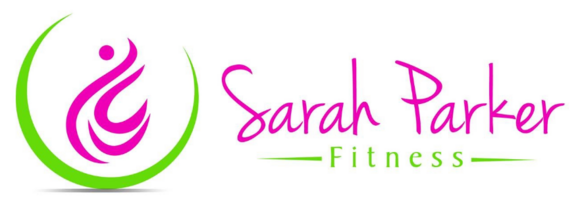When it comes to optimal nutrition for the postnatal period, there is more to consider than just regular healthy eating advice. For sure cutting out processed foods, refined carbs and sugar and limiting the intake of alcohol and caffeine is good advice for us all. But there are also a few other factors to consider postnatally - the body has to gone through trauma, whatever the birth experience, and the postnatal body needs to heal and be renourished.
Nutrients to include in your healthy eating plan:
Vitamin A - low levels of this can delay healing of wounds and can leave you open to infection. Having avoided classic foods rich in vitamin A throughout pregnancy, the postnatal body may already have low stores. Found in cheese, eggs and yoghurt and in very high amounts in liver and pate (NHS advice is to only eat one portion a week), it is also converted from yellow and orange vegetables - sweet potato, carrots, peppers, green leafy vegetables and yellow fruit – mango, apricots, melon.
Iron – again, low levels can delay healing. Blood loss during the birth may leave the postnatal body deficient. Found in liver, meat, nuts, wholegrains, spinach and eggs.
Glutamine – intake of this amino acid is essential when a body is severely wounded, for example after a caesarean section. Good sources of glutamine are eggs, pork and chicken, yoghurt and milk, ricotta and cottage cheese, spinach and cabbage
Water – dehydration can reduce the efficiency of blood circulation, meaning impaired supply of oxygen and nutrients to the wound site
Vitamin C – helps wound healing, maintains healthy connective tissue and helps to prevent infection. Found in a wide variety of fruit and veg.
Protein - essential for healing, helps in repairing tissue
Part of the healing process involves inflammation around the wound site. In order to help the body to continue to heal we need to be eating anti-inflammatory foods – good fats , whole fruit, berries and veg, most fish and seafood, nuts, ginger, garlic and turmeric
It's very difficult to think about healthy eating in the early postnatal period - sometimes getting any food into you is a bonus! And later on our focus can sometimes be more towards losing the baby weight. But instead, try to see your food intake as a way to nourish yourself and heal from the inside.

Comments